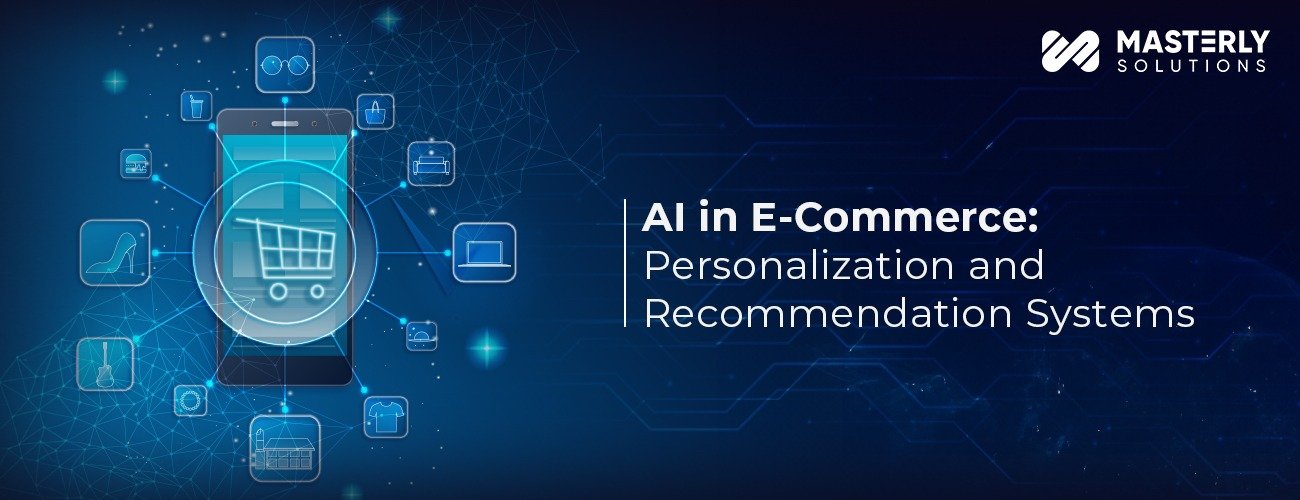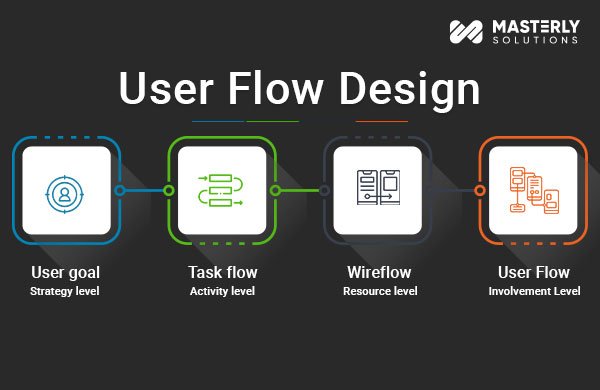
In today’s fast-paced digital world, AI in e-commerce is no longer just a competitive edge—it’s a necessity. Businesses leveraging AI for personalization and recommendation systems are seeing unprecedented engagement and conversion rates. This blog explores how AI-driven strategies are transforming the e-commerce landscape, particularly through personalization and recommendation engines.
Table of Contents
The Power of AI in E-Commerce
AI technologies offer unparalleled insights into customer behaviors, preferences, and purchasing patterns. By harnessing the power of AI, e-commerce businesses can deliver personalized shopping experiences, enhance customer satisfaction, and drive sales.
AI-Driven Personalization
Personalization AI technology is reshaping how consumers shop online. Gone are the days of one-size-fits-all marketing. Today’s AI algorithms analyze vast amounts of data to present tailored product recommendations and content to each user.
Key Benefits:
- Enhanced Customer Experience: Personalized shopping experiences make customers feel understood, increasing loyalty and trust.
- Increased Conversion Rates: By showing customers what they want, businesses see higher engagement and sales.
- Improved Customer Retention: Personalized interactions lead to repeat visits, turning one-time buyers into lifelong customers.
AI Recommendation Engines
AI recommendation engines are at the heart of personalization, suggesting products based on a user’s browsing history, preferences, and purchase behavior. These systems use machine learning and data analytics to predict what customers might like next, creating a dynamic, customized shopping journey.
How It Works:
- Data Collection: AI systems gather data from various sources, including browsing history, purchase records, and customer interactions.
- Analysis and Learning: Machine learning algorithms analyze the data, identifying patterns and preferences
- Personalized Recommendations: The system generates personalized product recommendations, continuously refining these suggestions as it learns from user feedback.
Implementing AI in Your E-Commerce Strategy
Incorporating AI into your e-commerce platform requires careful planning and execution. Here are steps to get started:
- Data Infrastructure: Ensure you have the infrastructure to collect and analyze customer data securely.
- Choose the Right AI Solutions: Select AI technologies that align with your business goals, whether it’s an off-the-shelf platform or a custom solution developed by a partner like Masterly Solutions.
- Continuous Optimization: AI systems learn over time. Regularly review performance data to refine and optimize your personalization strategies.
Case Studies: AI in Action
Highlighting real-world examples of successful AI implementations can demonstrate the tangible benefits of AI in e-commerce. This section could include case studies from businesses that have seen significant improvements in customer engagement, sales, and retention through AI personalization and recommendation systems.
The Future of AI in E-Commerce
The future of AI in e-commerce is bright, with emerging technologies like voice search optimization and AI chatbots set to redefine the shopping experience further. As AI technologies evolve, businesses that stay ahead of the curve will continue to thrive.
Conclusion
AI in e-commerce, particularly in personalization and recommendation systems, is revolutionizing how businesses interact with their customers. By leveraging AI, companies can create more engaging, personalized shopping experiences that drive sales and foster customer loyalty. As a leader in delivering innovative AI solutions, Masterly Solutions is at the forefront of this transformation, helping businesses harness the power of AI to achieve their e-commerce goals.


